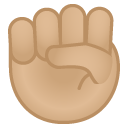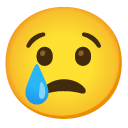10:26 / 26:47
Mao's Art of War: The Long March and the Chinese Civil War
2,180 Comments
Sort by
 You are a respected historical disseminator
You are a respected historical disseminator
 Glory to the patriots, liberators, revolutionaries and workers of the world! Long live the revolution! May the revolutionary spirit of Mao Zedong live on forever!
Glory to the patriots, liberators, revolutionaries and workers of the world! Long live the revolution! May the revolutionary spirit of Mao Zedong live on forever!

 He reminds me of that fanatic Catholic South Vietnamese dictator that Americans liquidated.
Men who cannot compromise and be pragmatic when the need arises should never lead countries.
He reminds me of that fanatic Catholic South Vietnamese dictator that Americans liquidated.
Men who cannot compromise and be pragmatic when the need arises should never lead countries.
 when Taiwan 🇹🇼 ruled China 🇨🇳 nice
when Taiwan 🇹🇼 ruled China 🇨🇳 nice 

 ️ fights, I have been only struck once lightly while the other 49 felled to my
️ fights, I have been only struck once lightly while the other 49 felled to my  sword.
sword.


 ....thank you for sharing
....thank you for sharing







No comments:
Post a Comment